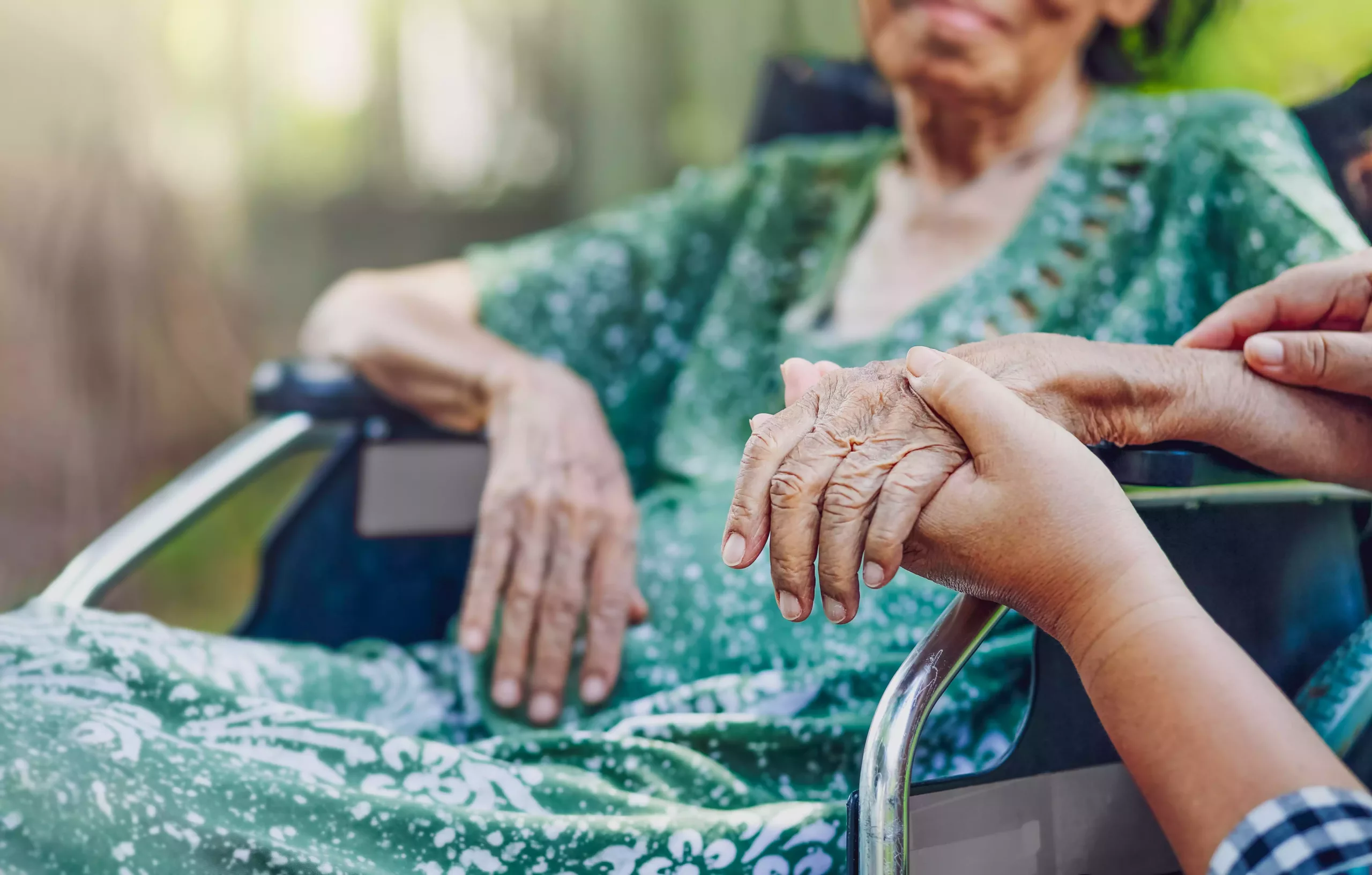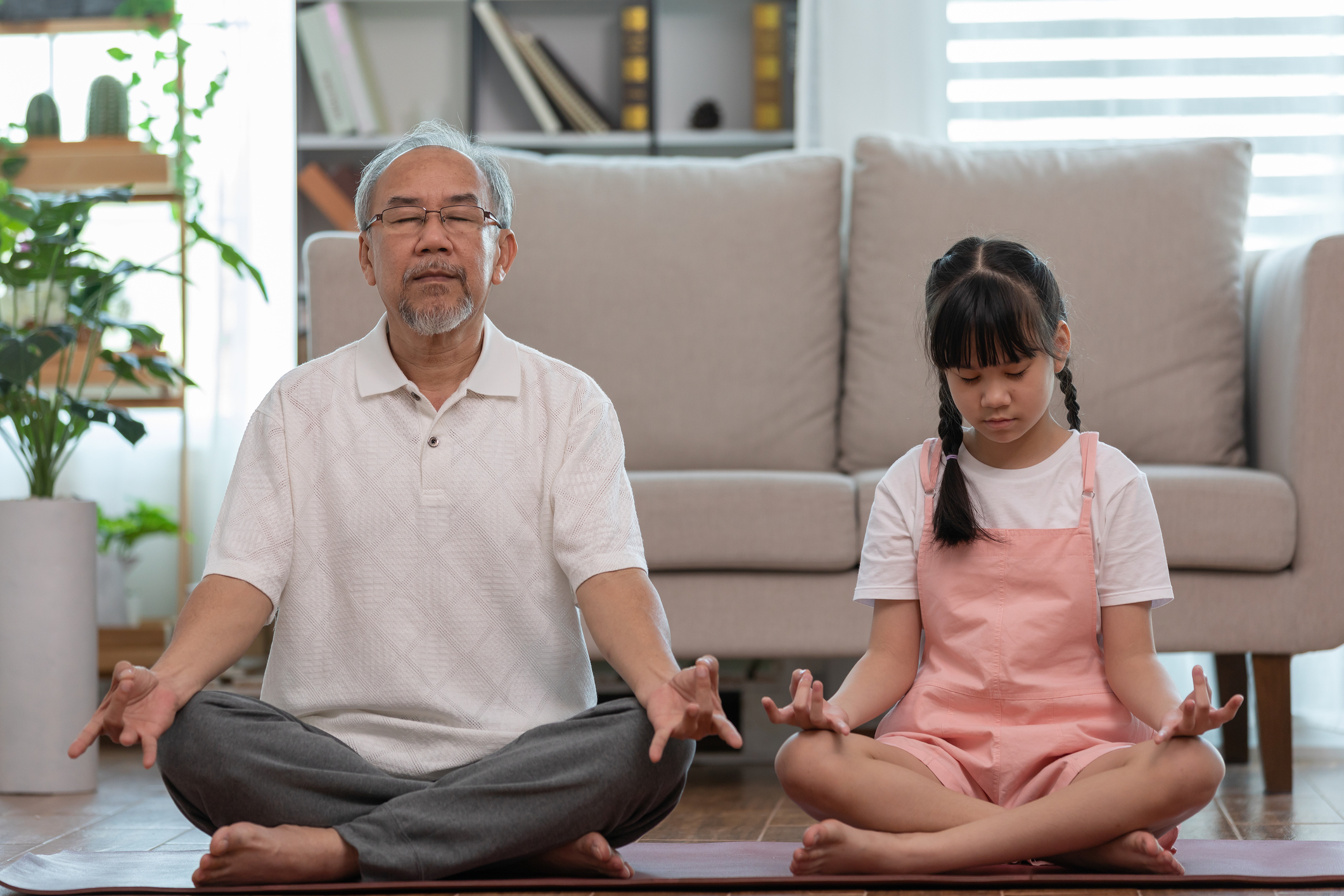Caring for Someone with Sundown Syndrome

The end of the day is a time to wind down. But for family members and caregivers of older adults living with dementia, this time can mean stress, restlessness, and frustration. Many laypeople and professionals alike refer to this phenomenon as sundown syndrome.
What is Sundown Syndrome?
Frequently called:
- Sundowners syndrome
- Sundowning
- Late-day confusion
Sundown syndrome describes a group of symptoms that occur in geriatric adults—usually those living with dementia—later in the day and cause disruptions to daily routines.
Who Experiences Sundowning?
According to the National Institute on Aging, people in the middle stages of Alzheimer's disease are more likely than the general population to develop sundowning symptoms. In other words, while people with other forms of dementia, or even no dementia at all, can develop sundowners syndrome, it is less common, according to the Alzheimer's Association.
What are the Symptoms of Sundown Syndrome?
There is no official definition of this syndrome. That said, it generally describes a group of symptoms that occur later in the day, specifically late afternoon and early evening, including:
- Disorientation
- Agitation and restlessness
- Sudden behavioral changes
- Volatile mood swings
- Sleep disturbances
5 Treatments for Sundown Syndrome
There is no cure for this condition; however, there are ways to treat sundowning symptoms.
- Light therapy - The use of night lights may help people experiencing sundowning behaviors. This both helps reduce confusing sights in their peripheral vision and regulate their circadian rhythm (which regulates the sleep-wake cycle)..
- Aromatherapy - Some caregivers report that aromatherapy helps reduce agitation for people exhibiting sundowning symptoms.
- Treating sleep problems - Lack of sleep/poor sleep quality leads to various physical/mental health issues, including those commonly associated with sundowners syndrome. Treating sleep issues may therefore help alleviate some sundowning symptoms. Taking melatonin—which regulates the sleep-wake cycle and adjusts the internal body clock—helps seniors with insomnia fall asleep faster. Avoiding afternoon naps may also help improve sleep quality issues.
- Solving medication interactions - Resolving potential drug side effects and interactions helps reduce physical and mental health issues, including those that trigger sundown syndrome.
- Dealing quickly with unmet needs - Older adults with dementia may have a harder time communicating their frustrations, which can result in outbursts. Meeting these older adults' needs quickly could subside symptoms by alleviating their frustrations before boiling into outbursts and hostility.
Disclaimers - This article is for educational purposes only. It shouldn't substitute professional medical advice and shouldn't be used to diagnose, treat, cure, or prevent any disease or condition.







